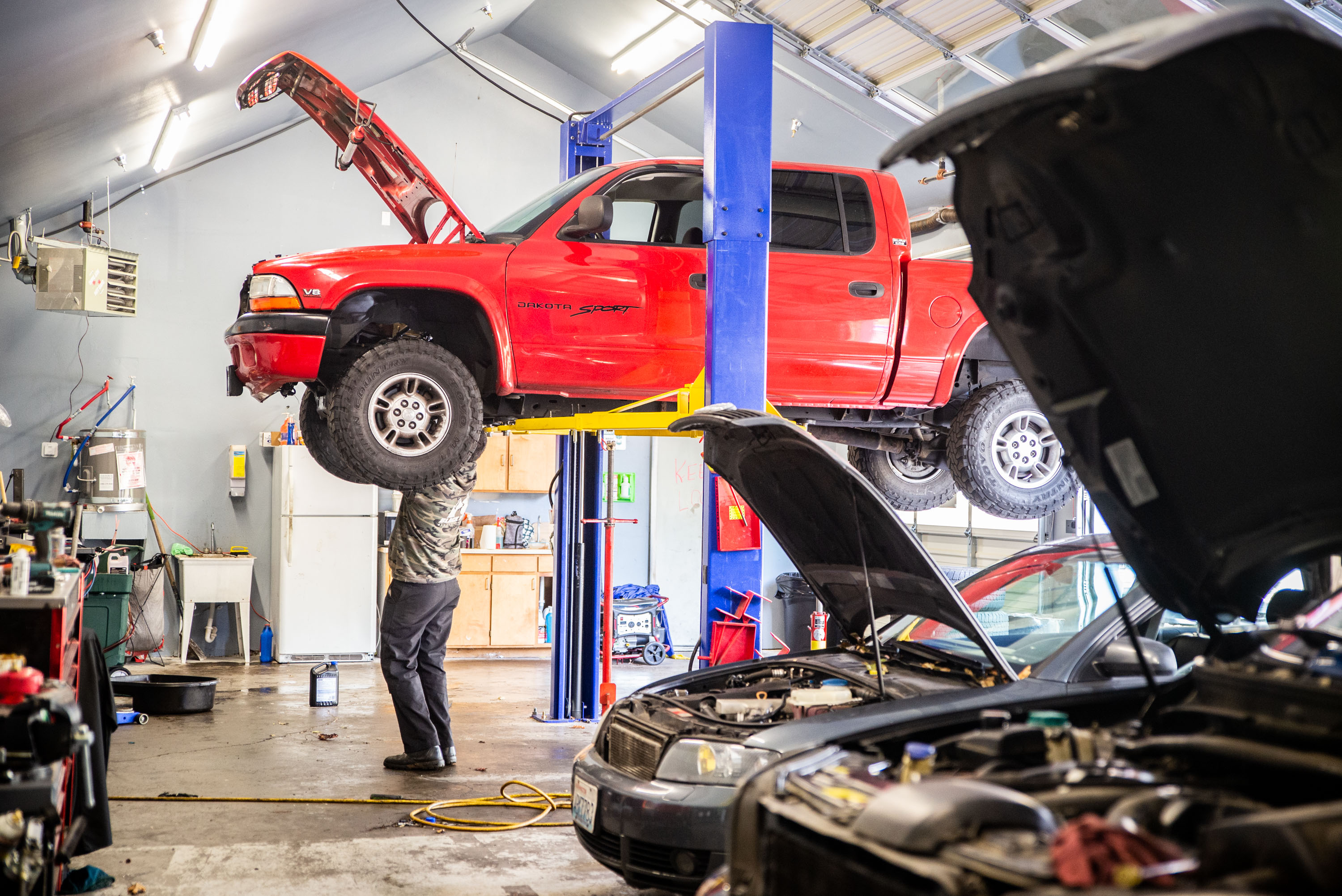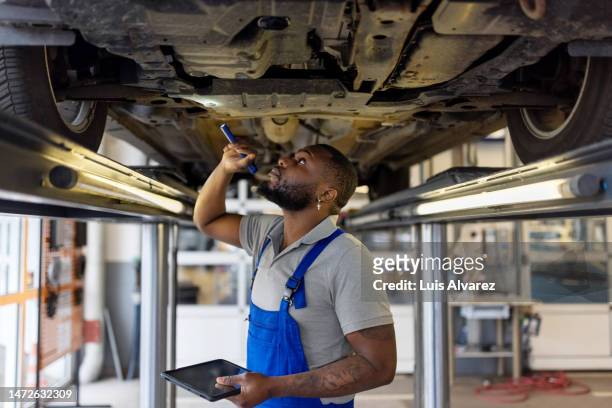All Categories
Featured
Electric automobiles (EVs) are changing the automotive globe with their environmentally friendly assurance, but their rising popularity brings a crucial challenge: managing the end-of-life cycle of EV batteries. These batteries, which are large, complicated, and contain beneficial products, should be reused to decrease ecological effect and make the most of resource reuse. Progressively, service center are stepping up to offer electrical car battery reusing services, linking the void between sustainability and customer benefit.
![]()
Decreasing Waste: Preventing batteries from accumulating in garbage dumps. Conserving Resources: Recuperating rare-earth element to lower dependence on mining. Reducing Pollution: Preventing the release of toxic materials right into the atmosphere. Provided that numerous EV batteries will certainly reach their end of life in the next decade, recycling them is a pushing necessity.
Battery Collection: Numerous service center function as collection factors for invested EV batteries, ensuring they are delivered to certified reusing facilities. Safe Handling: Specialists at these stores are trained to take care of the disassembly and storage of batteries securely, decreasing the threat of fire or leakage. Repurposing Opportunities: Some stores function to review whether batteries can be repurposed for secondary usages, such as power storage for businesses or homes. 3. Manufacturers and Reusing Collaborations. Lots of automakers are actively included in battery recycling programs, and service center connected with them play an important duty. :
Tesla and Redwood Materials: Tesla teams up with Redwood Products to recycle batteries, with many Tesla-certified fixing centers helping with the process. Ford and GM Initiatives: These business companion with third-party recyclers to recoup crucial products and supply their services through licensed repair service networks. Independent repair shops are also signing up with the movement, often partnering with leading recyclers like Li-Cycle or Umicore to handle batteries from different EV brand names.
Benefit: Clients can hand over old batteries at their local store without taking care of specialized centers. Cost Savings: Some stores use discounts or debts toward brand-new battery purchases when old ones are reused. Assurance: Partnering with a reputable fixing shop guarantees that batteries are recycled sensibly, sustaining sustainability. 5. Obstacles Facing Repair Service Shops. Regardless of the growth of battery recycling, obstacles continue:
![]()
Technical Complexity: EV batteries require specialized training and devices to handle securely. Framework Spaces: Not all regions have durable recycling networks, restricting the accessibility of these services. Expense Barriers: Delivering and recycling batteries can be costly, specifically for smaller sized fixing stores. Improvements in reusing modern technology and federal government rewards are helping conquer these obstacles.
Conclusion. Service centers using electric lorry battery recycling are paving the way for a lasting automotive future. By giving responsible and accessible solutions, these organizations aid attend to the environmental challenges postured by EV batteries while fulfilling the demands of eco-conscious customers.
As an EV proprietor, picking a service center with reusing solutions not only guarantees your lorry's maintenance yet also contributes to a greener world. The market's commitment to battery recycling reflects a common objective: driving development while safeguarding the atmosphere for generations to find.

- Why EV Battery Recycling Issues. EV batteries are made from lithium-ion cells having products like nickel, cobalt, and lithium. These components are highly useful but can present ecological dangers if improperly disposed of. Recycling EV batteries is important for:
Decreasing Waste: Preventing batteries from accumulating in garbage dumps. Conserving Resources: Recuperating rare-earth element to lower dependence on mining. Reducing Pollution: Preventing the release of toxic materials right into the atmosphere. Provided that numerous EV batteries will certainly reach their end of life in the next decade, recycling them is a pushing necessity.
- Just How Repair Service Shops Support Recycling. Repair stores are ending up being crucial gamers in EV battery recycling, many thanks to partnerships with suppliers and specialized recyclers. Right here's just how they add:
Battery Collection: Numerous service center function as collection factors for invested EV batteries, ensuring they are delivered to certified reusing facilities. Safe Handling: Specialists at these stores are trained to take care of the disassembly and storage of batteries securely, decreasing the threat of fire or leakage. Repurposing Opportunities: Some stores function to review whether batteries can be repurposed for secondary usages, such as power storage for businesses or homes. 3. Manufacturers and Reusing Collaborations. Lots of automakers are actively included in battery recycling programs, and service center connected with them play an important duty. :
Tesla and Redwood Materials: Tesla teams up with Redwood Products to recycle batteries, with many Tesla-certified fixing centers helping with the process. Ford and GM Initiatives: These business companion with third-party recyclers to recoup crucial products and supply their services through licensed repair service networks. Independent repair shops are also signing up with the movement, often partnering with leading recyclers like Li-Cycle or Umicore to handle batteries from different EV brand names.
- Customer Benefits of Repair Service Shop Recycling Providers. For EV owners, repair work shops providing recycling services give a host of advantages:
Benefit: Clients can hand over old batteries at their local store without taking care of specialized centers. Cost Savings: Some stores use discounts or debts toward brand-new battery purchases when old ones are reused. Assurance: Partnering with a reputable fixing shop guarantees that batteries are recycled sensibly, sustaining sustainability. 5. Obstacles Facing Repair Service Shops. Regardless of the growth of battery recycling, obstacles continue:

Technical Complexity: EV batteries require specialized training and devices to handle securely. Framework Spaces: Not all regions have durable recycling networks, restricting the accessibility of these services. Expense Barriers: Delivering and recycling batteries can be costly, specifically for smaller sized fixing stores. Improvements in reusing modern technology and federal government rewards are helping conquer these obstacles.
- Looking Ahead: The Future of EV Battery Recycling. The role of service center in EV battery recycling is readied to expand as the EV market expands. Federal governments around the world are enacting laws to urge recycling, and producers are purchasing collaborations to simplify the procedure. As these patterns continue, even more service center are most likely to embrace EV battery recycling, making it a standard component of their solution offerings.
Conclusion. Service centers using electric lorry battery recycling are paving the way for a lasting automotive future. By giving responsible and accessible solutions, these organizations aid attend to the environmental challenges postured by EV batteries while fulfilling the demands of eco-conscious customers.
As an EV proprietor, picking a service center with reusing solutions not only guarantees your lorry's maintenance yet also contributes to a greener world. The market's commitment to battery recycling reflects a common objective: driving development while safeguarding the atmosphere for generations to find.
Latest Posts
Discover Your Financial Partner at WyHy – Key Advantages for Your Future
Published May 25, 25
1 min read
Discover WyHy FCU – Key Advantages for Your Financial Success
Published May 24, 25
1 min read
Protect Your Financial Investment with Specialist Seamless Gutter Installation
Published May 21, 25
1 min read
More
Latest Posts
Discover Your Financial Partner at WyHy – Key Advantages for Your Future
Published May 25, 25
1 min read
Discover WyHy FCU – Key Advantages for Your Financial Success
Published May 24, 25
1 min read
Protect Your Financial Investment with Specialist Seamless Gutter Installation
Published May 21, 25
1 min read